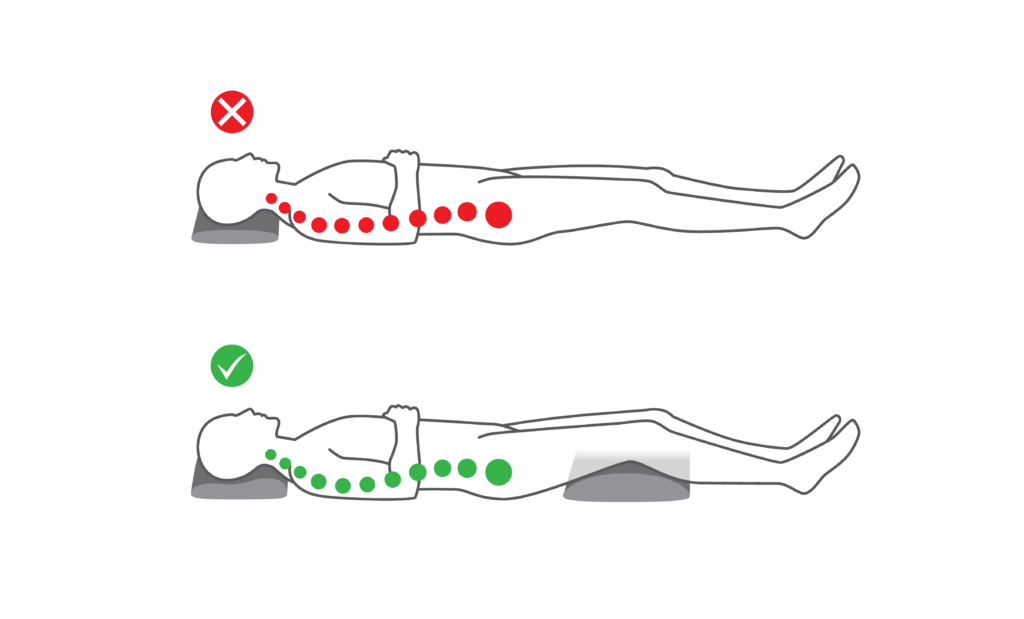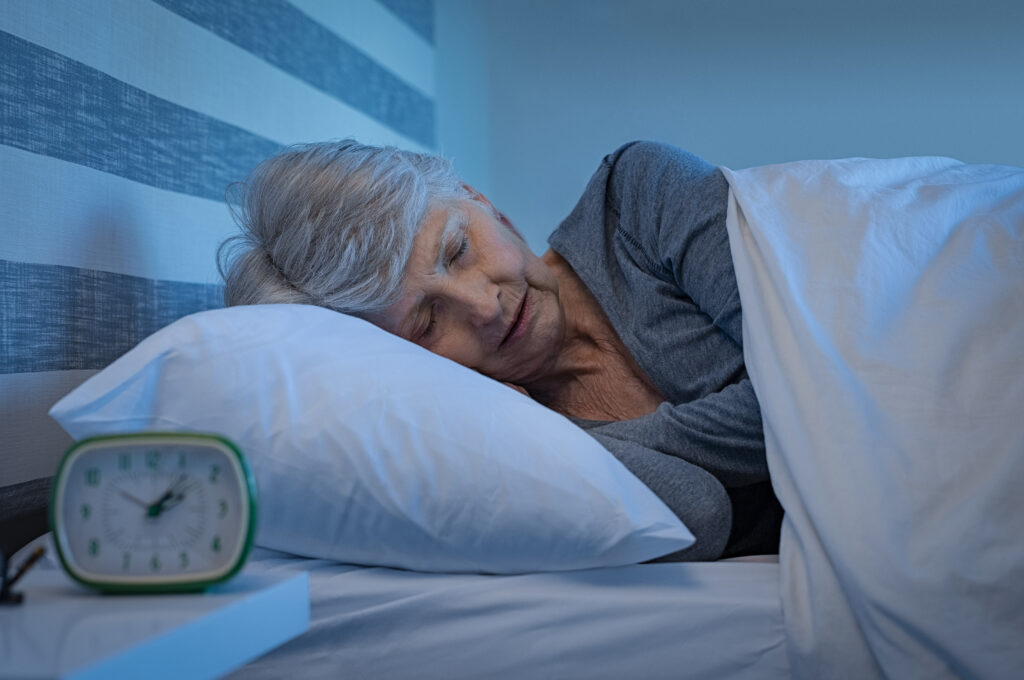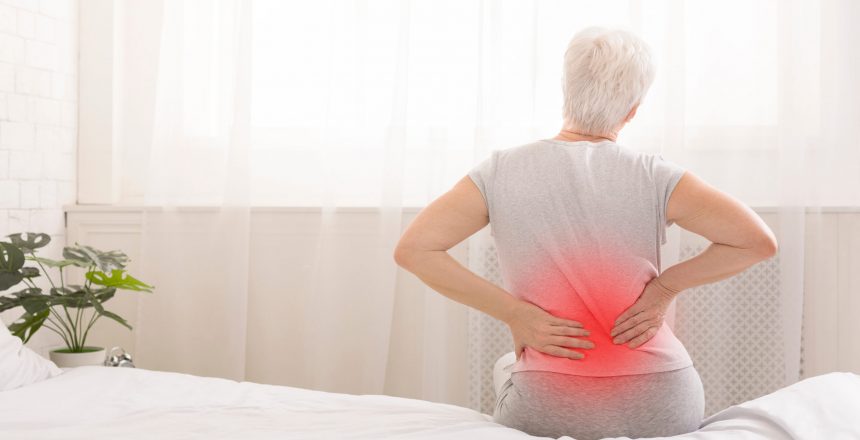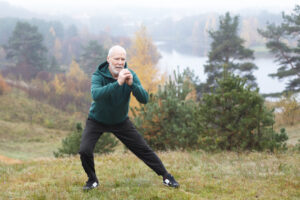We all know how important it is to get a good night’s sleep – especially if you’re feeling unwell or experiencing pain since your body does a lot of its healing at night – but if you’re struggling with back and/or neck pain, getting to sleep – and staying asleep – can be difficult.
For starters, the discomfort associated with neck and back pain can make it difficult to fall asleep, and once you do fall asleep, you may find that you’re tossing and turning all night trying to find a more comfortable position. But for many people, the way they sleep can contribute to their back or neck pain, meaning that rather than waking up feeling refreshed, they wake up feeling more uncomfortable than ever.
In this post, we will look at the best sleep positions for people dealing with neck and back pain. We’d also like to note that these are the ideal sleep positions for everyone – even if you’re currently pain-free – to promote good spine health.
Back Sleeping With Proper Support
The absolute best position to sleep in has zero frills. Lie flat on your back and use a supportive pillow to align your head with your spine. This isn’t the most comfortable position for some people, so you may want to consider placing a small pillow or rolled-up towel under your knees to help maintain the natural curve of your lower back.

If you’re worried that you’ll turn over as soon as you doze off, it may also help to sleep with a “neck pillow” (the kind you would use on an airplane to sleep upright) so that your head can lean against the pillow and you won’t be as tempted to flip over.
Side Sleeping With A Pillow Between The Knees
Next up is a standard sleeping position, with the addition of a simple accessory. By lying on your side and placing a pillow between your knees, you can align your hips and reduce stress on your lower back throughout the night. Use a supportive pillow for your head that keeps your neck in a neutral position and maintains proper alignment with your spine.

Modified Stomach Sleeping
While sleeping on your stomach is generally not recommended for people with back or neck problems since it can strain the spine, we understand that people are creatures of habit (and that it’s hard to control what you’re doing once you fall asleep!). If you’re going to be a stomach-sleeper no matter what, try to modify your sleep habits by swapping your usual pillow for a thin one – or using no pillow at all – and placing another pillow under your pelvis. This will help keep your spin in a more neutral position and reduce the strain on your lower back.
With all of that said, back and neck pain is no joke. If you’re having difficulty finding relief or think you may have an injury that needs treatment, please speak with your physician or give us a call to see how we can help you find relief.






